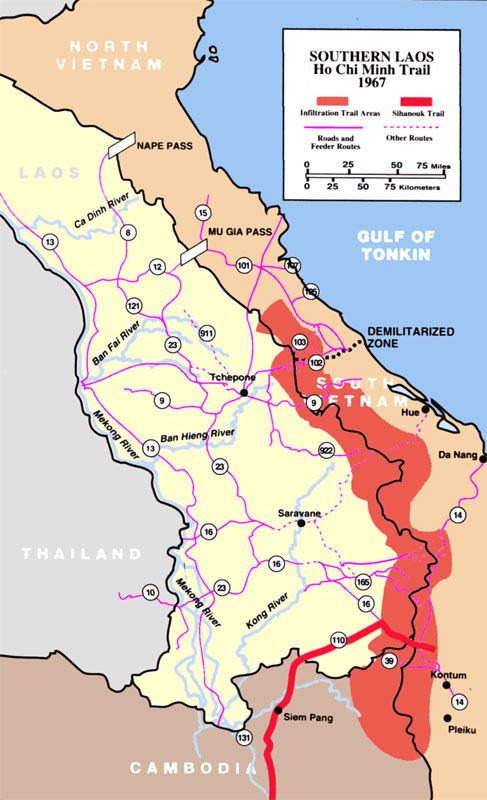
Ho Chi Minh Trail
The Ho Chi Minh Trail (Vietnamese: Đường mòn Hồ Chí Minh), also called Annamite Range Trail (Vietnamese: Đường Trường Sơn) was a logistical network of

The Ho Chi Minh Trail (Vietnamese: Đường mòn Hồ Chí Minh), also called Annamite Range Trail (Vietnamese: Đường Trường Sơn) was a logistical network of

The Hundred Days Offensive (8 August to 11 November 1918) was a series of massive Allied offensives which ended the First World War. Beginning with
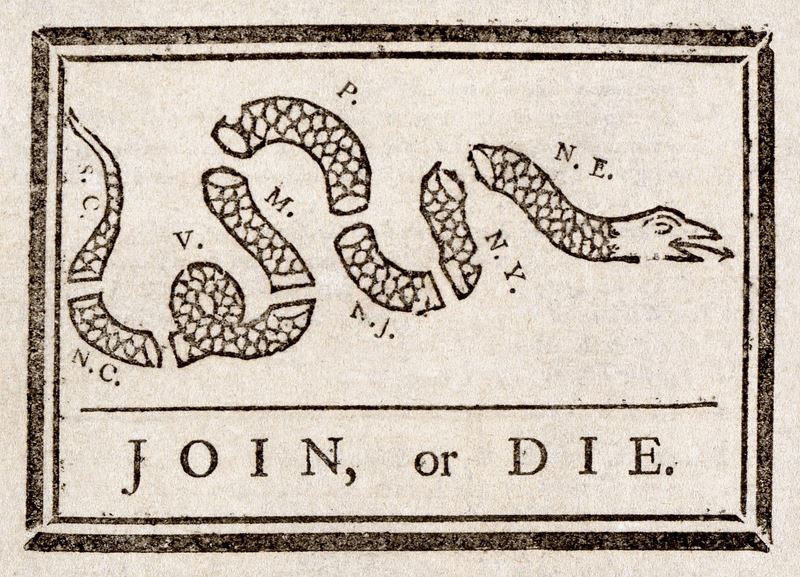
In the United States, each state has its own written constitution. They are much longer than the United States Constitution, which only contains 4,543 words.
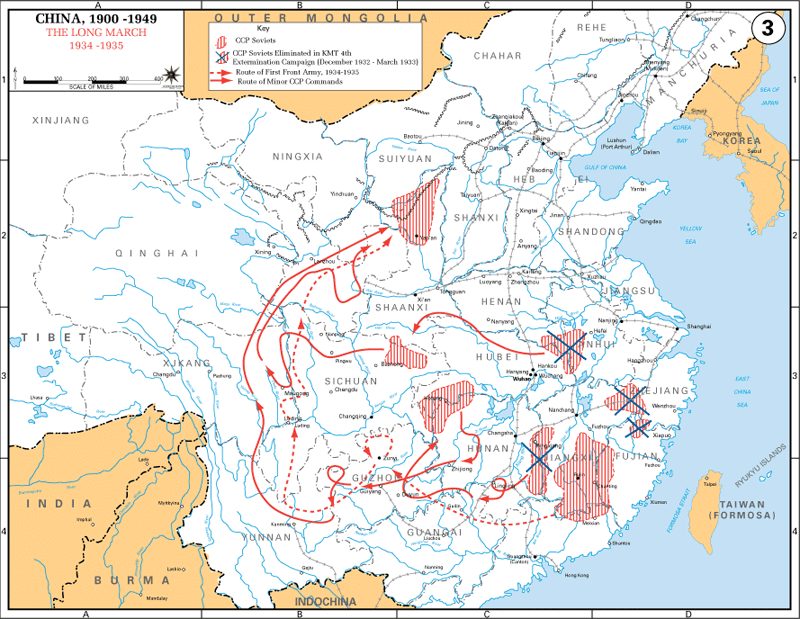
The Chinese Civil War was fought between the Kuomintang-led government of the Republic of China and forces of the Chinese Communist Party, continuing intermittently since

Diệm’s road to political power began in July 1954 when he was appointed the Prime Minister of the State of Vietnam by former Emperor Bảo
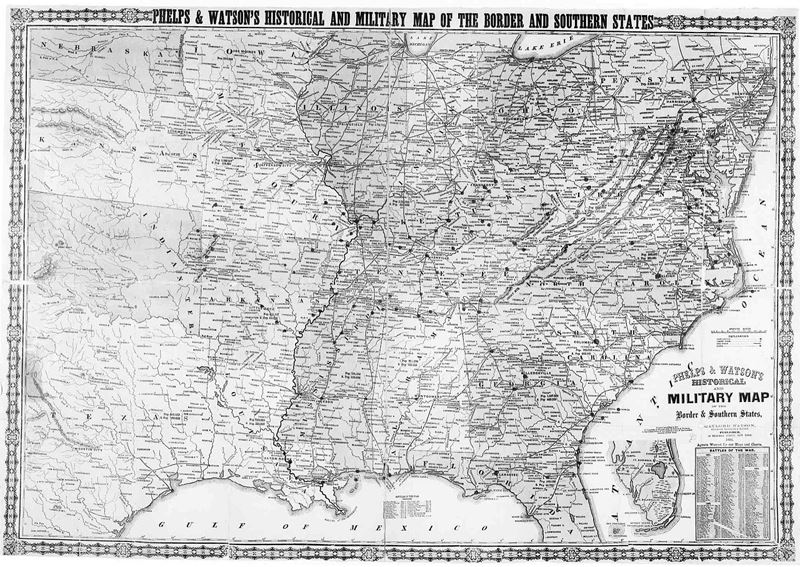
Table of Contents “Border States” refers to the slave states that surrounded the free states that made up the Union. When it came to winning
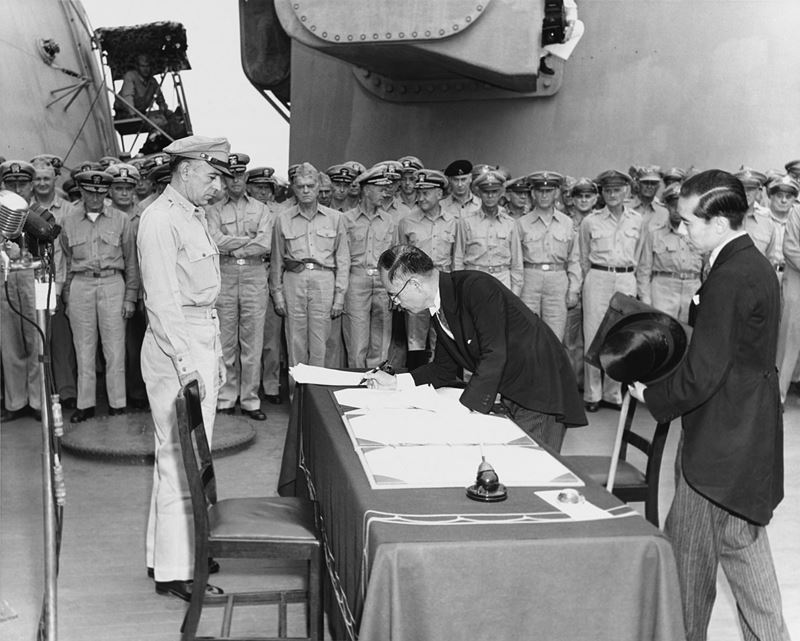
The surrender of the Empire of Japan in World War II was announced by Emperor Hirohito on 15 August and formally signed on 2 September

The final battle between Diệm’s VNA and the Bình Xuyên began on April 28 at mid-day.[1] After initial small-arms fire and mortar exchanges, the VNA